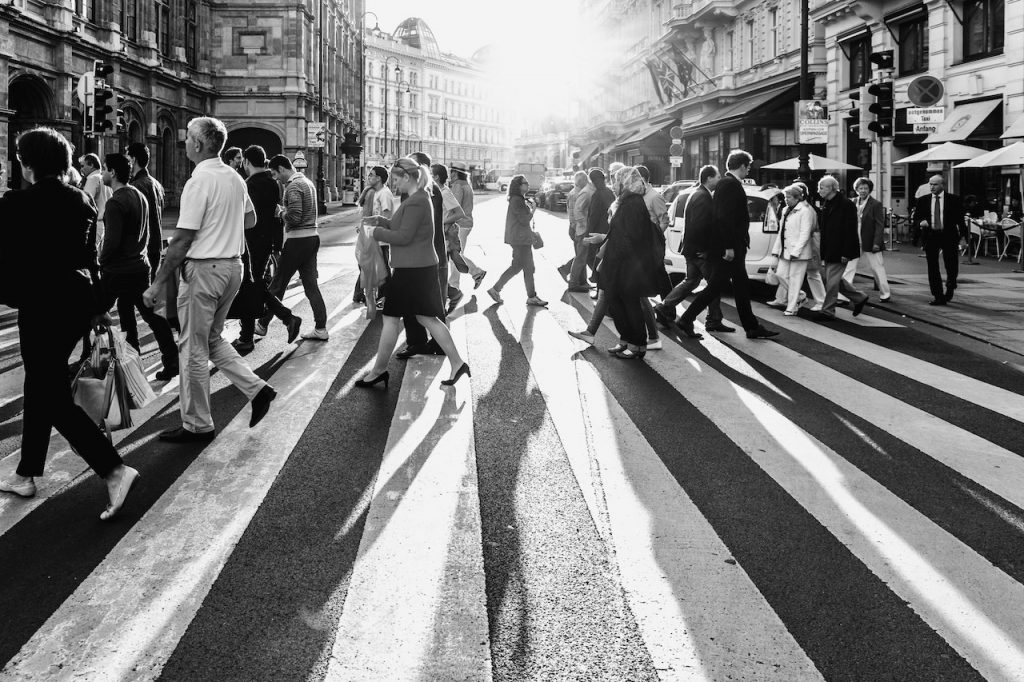Mass communication is communication directed at a large group of people and relayed through a media channel. Journalism, public relations, advertising, marketing communications, art, entertainment and citizen communications are all parts of mass communication.
Journalism, on the other hand, can be defined as timely, fact-based communication that offers the audience edited content in a reliable and independent fashion. The style, focus and genre of journalism may vary, but the same basic principles apply.
Journalism is produced for several different media channels, including newspapers, magazines, radio, television, online magazines and, in some senses, documentary films. Branches of journalism are, for example, politics, economy, culture, entertainment and sports.
The most important function of journalism is to convey information. By doing this, journalism is an important part of the democratic decision-making system, as it brings transparency to society and makes sure that decisions that are made are in tune with people’s sense of justice. To ensure the possibility for civil advocacy, it is important that citizens are already informed of decisions when they are being prepared.
In other words, the journalists’ mission is to oversee the work of government officials on behalf of the citizens. The press, or media in general, is occasionally called ‘the watchdog of society’ or the ‘fourth estate’. ‘Watchdog’ refers to the fact that journalists are supposed to call policymakers to account for their actions. Based on the classical theory about the tripartite system formulated by French 18th-century political philosopher Montesquieu, the other estates of modern democracies are the branches of the legislature, executive and judiciary.
In 2010s, the work of professional journalists has been frequently scrutinised through different social media channels.
Journalism also acts as a two-way channel between the public and policymakers. On the one hand, it conveys information to the citizens about what is happening in society. On the other hand, journalism lets the policymakers know what kinds of effects their previous decisions have had and what kinds of decisions have been made elsewhere. Journalism also lets the policymakers know what the public expects of them.
In addition to conveying information, good journalism interprets the world. Journalism explains things and phenomena in an easy and accessible way, describes the cause-and-effect-relationships of events and provides background information on issues and decisions. Journalism brings events closer to people’s everyday lives and shows what kind of impact they have on the lives of regular citizens. This can be said to be how journalism performs the above-mentioned tasks.
Journalism’s functions also include the creation of a sense of solidarity in society, which can happen, for example, through large newsworthy events. By establishing solidarity, journalism can be said to maintain peace in society.
In comparison to times before social media, as we enter the new decade of the 2020s, people’s consumption of media is a lot less consistent or channel-loyal. Instead of subscribing to the number-one local newspaper or gathering the whole family to watch the national TV news every night, people tend to collect information from different sources. That is why ever larger news events are needed to affect people collectively. Assassinations, wars and acts of terrorism feel like turning points in history, largely because of their wide news coverage. Widely covered events become a part of history, and the audience following the events feel that they are experiencing a historical event. Nevertheless, it is good to remember that media has the power both to blow things out of proportion and to sweep them under the rug. Today’s news coverage is not an impartial summary of the truths of world events – it is put together by a group of media professionals based on news criteria such as geographical proximity and even based on personal interest.
Journalism also tries to whet people’s appetite for learning new things. Journalism entertains, evokes emotion and experiences. It offers new perspectives and stories, which people can relate to.
Keep Reading:
Journalism is a societal profession; Journalism is teamwork
Or go back to the beginning of this section: Journalism
This article was updated on January 8th 2020.




